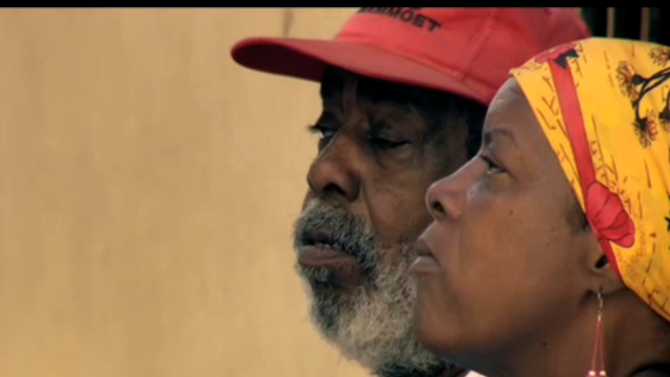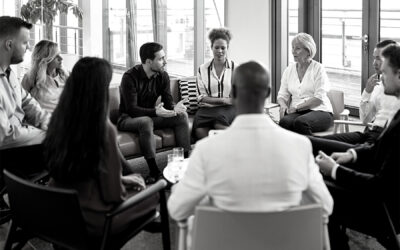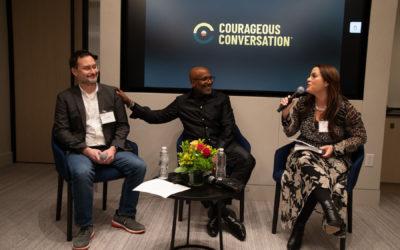By Henry Louis Gates Jr.—July 18, 2015
I needed to talk to real Cubans and to find out what they thought about race and racism in their society. Soon enough, I was chatting away with our drivers, two men who were part of our film crew named Rafael and Yoxander. They were proud to be Cuban and happy to discuss race with me. I started by asking Rafael, who has a complexion like coffee, what color he is.
“I am mixed race,” he replied. “I’m simply Cuban. It is a mixture of all the races.”
“Sure, I know that,” I replied. “But what does it say on your ID card?”
“White,” he said.
That was odd. The man isn’t white. And he couldn’t tell me why his ID card says he is. This sent our conversation in a different direction. Rafael might want to be just Cuban, and his ID card might officially categorize him as white. But what about unofficial Cuba? How do people think of themselves when they stop walking politically correct lines? I asked the two men to tell me about the people around us on the streets. They are Cuban, yes, but what else are they? I soon learned there are still categories of blackness within cubanidad.
[What is cubanidad? In the twenties, through music and culture, Cuba’s government and elite population stopped rejecting everything Afro-Cuban and favoring everything European. They began celebrating Cuba’s racially mixed, or mestizo, heritage. This cultural-identity movement was called cubanidad, a blend of white and black, to make brown.]
That person over there? “Moreno.” That one over there? “Mulato.” “What about me?” I asked. “Negro,” Rafael answered. That’s all right with me. I’m happy to be black. But I then took the opportunity to ask them why there weren’t more professors like me at the universities—and why the affluent neighborhoods didn’t have more black residents.
“I think perhaps it is because white people like to study more,” Yoxander said, surprising me with his frankness. “They keep on going and try to improve their life, day after day.”
As you can imagine, I felt some strong emotions in that moment. But I wasn’t talking to Yoxander to judge him.
“Why don’t black people have the same values?” I asked.
“Perhaps it’s because of their genes, their own mentality, the way they see life, the way they are,” he answered. “Or perhaps, because of the context in which they grew up, they are happy the way they are and don’t want anything else.”
I asked him if he believes there is racial discrimination in Cuba.
“Not really,” he said, shaking his head, “not on a grand scale. We all grew up together—white, mestizo, black, mulatto. We were all educated to the same level.”
“And there are black people with a low level of education and white people with a low level of education,” Rafael piped in. “The problem is that black people sometimes have complexes. They discriminate against themselves. They call each other black. But they have the same rights.”
Okay, I thought. The word on the street, among average Cubans, is that discrimination doesn’t exist. But I wanted to get another perspective. So I ended my discussions about race with Rafael and Yoxander and decided to jump to the top of the income ladder. As in much of the world, successful blacks in Cuba are often athletes, not lawyers or doctors. I called Omar Linares, a famous baseball player—and an Afro-Cuban. I was curious how he feels. He invited me to a baseball game on a Sunday morning. For several minutes, we just chatted about baseball. Most Cubans love the sport, as do I. Then we turned to the matter at hand. I wanted to know why athletics are such a singular avenue for success for black Cubans.
Read more at The Root.




